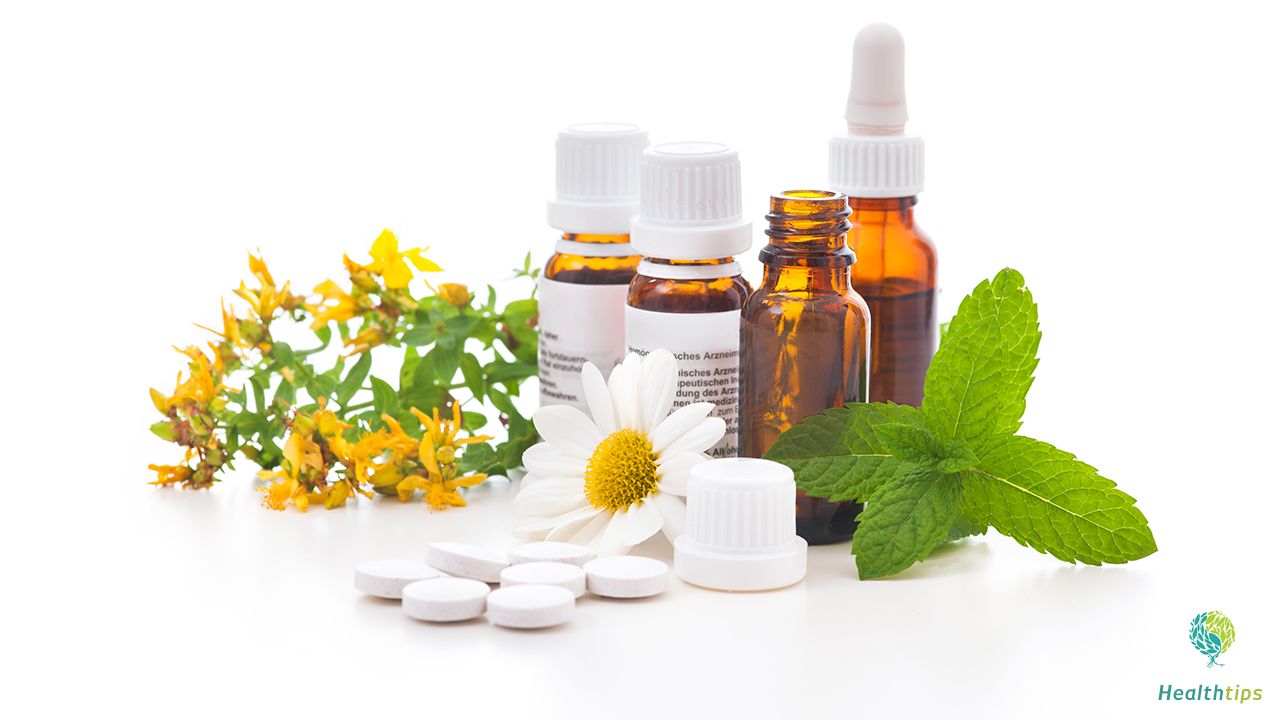Hepatitis B has a 72-hour blocking drug, and hepatitis B vaccine and hepatitis B immunoglobulin injection can be used to block infection. Hepatitis B vaccine is an effective method to prevent hepatitis B infection by activating the immune system to produce antibodies to protect the body from hepatitis B virus. If hepatitis B vaccine is administered within 72 hours after exposure to hepatitis B virus, rapid immune protection can be provided. Hepatitis B vaccine is administered in three doses, with the second and third doses administered 1 month and 6 months after the first dose, respectively. However, even if only the first dose is administered, it can still provide a certain level of protection. After exposure to hepatitis B virus, especially in high-risk situations such as exposure to blood or body fluids of known hepatitis B patients, doctors may consider injecting hepatitis B immunoglobulin. Hepatitis B immunoglobulin is a preparation containing anti-hepatitis B antibodies that can provide timely passive immune protection. Hepatitis B immunoglobulin injection is often used together with hepatitis B vaccine to provide the best immune protection. The 72-hour period after hepatitis B exposure is a critical time window, during which taking hepatitis B vaccine and hepatitis B immunoglobulin injection measures can minimize the risk of infection. However, the effectiveness of these measures will gradually decrease over time, so it is very important to take them as early as possible. It should be noted that although hepatitis B vaccine and hepatitis B immunoglobulin injection can significantly reduce the risk of infection, they are not absolute guarantees, and the success rate of blocking infection is still affected by various factors, such as the degree of exposure and the status of the individual's immune system. If there is a risk of hepatitis B infection, consult a medical professional as soon as possible.


